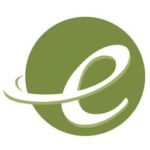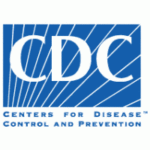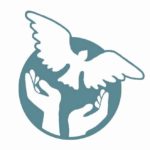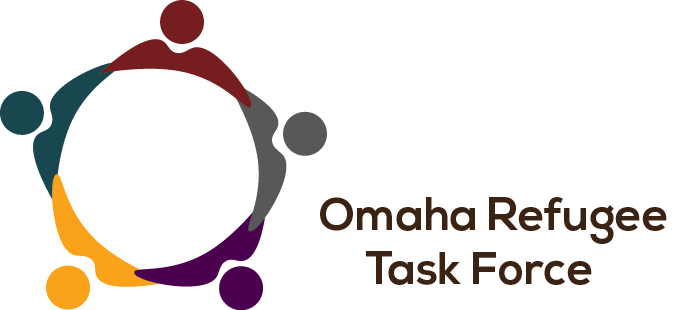The United States health care system can be difficult to navigate, but there are resources available to help understand how to find a provider, get health insurance, apply for government assistance and more. Below are various organizations and websites that have a range of materials to assist refugees (or those who work with refugees) in creating healthy lives in this country.
You can search for specific types of health care resources or providers on the Omaha Refugee Service Providers page.
Refugee Health Orientation Toolkit
This toolkit has content for refugees with topics including Immediate Health Care Needs, Initial Health Screenings and Immunizations, Health Insurance, Orientation to the U.S. Health System, Preventive Health Care, Norms of the U.S. Health System, Mental Health and Personal and Public Hygiene Standards.
Health Information Translations
Health Information Translations provides education resources in multiple languages for health care professionals and others to use in their communities. Resources are easy to read and culturally appropriate.
HealthReach
Culturally relevant information in multiple languages and formats about health conditions and wellness topics. You can search by language or topic for resources, cultural backgrounders, clinical tools, and guidance about specific immigrant, refugee, and asylee populations.
Initial Health Screening
Appointment Reminder Translation Tool

NSW Refugee Health Service’s on-line Translated Appointment Reminder Translation Tool allows you to translate appointment details into your client’s language. Just type in the details, then either print or save the PDF. Your form is generated immediately so you can give it to your client at the time you make the appointment.
Gulf Coast Jewish Family & Community Services
Gulf Coast Jewish Family & Community Services provides comprehensive care for refugees, asylees, asylum seekers and survivors of torture and genocide by partnering with numerous organizations including major refugee resettlement agencies. Their Information, Country, and Condition Guides are particularly useful, as well as the many webinars, training materials, and resources. This site has especially great cultural information on mental health.
EthnoMed

EthnoMed is an ethnic medicine website containing medical and cultural information about immigrant and refugee groups. It is specific to the Seattle region, but its cultural and health information is applicable in all geographic areas. The purpose of the website is to make information about culture, language, health, illness, and community resources directly accessible to health care providers who see patients from differ ethnic groups.
CDC’s General Information for Immigrant and Refugee Health

This link contains general information about refugees as well as statistical facts, histories, and cultural backgrounders on specific ethnic groups.
CDC Translated Seasonal Flu Materials

This link contains flu materials for refugees, covering a basic overview of the seasonal flu, prevention of the flu, and a how to guide to care for children with the flu.
Refugee Health and Technical Assistance Center

The Refugee Health and Technical Assistance Center is dedicated to improving the well-being of refugees by providing tools, resources, and support for health and mental health providers. Through this website one can: find basic information about refugees and their access to health care, learn about physical and mental health issues among refugees, download training materials and resources, and sign-up for newsletters and webinars.
LEP Language Access, Health Equity, & Culturally and Linguistically Appropriate Services (CLAS) Standards
Office of Minority Health and Health Equity (.GOV)
Limited English Proficiency (LEP), Meaningful Access, and iSpeak Cards (.GOV)
Enhanced National CLAS Standards (.GOV)
CLAS Toolkit (National Committee for Quality Assurance Standards)
Printable Customizable “I Speak” cards
